Chapter 11 Bankruptcy
Chapter 11 bankruptcy is for businesses that wish to reorganize and pay their debts over time. Chapter 11 is also for individuals with high income who need to make payments over time for various reasons.
Is Chapter 11 Bankruptcy Right For Your Business?
For business owners facing a mountain of debt, filing bankruptcy may be the only viable option. But what if you’re a business debtor who wants to keep their business open and not dissolve it in Chapter 7 bankruptcy? There are two bankruptcy options that allow you to restructure your business debts—Chapter 11 and Chapter 13 bankruptcy.
Both bankruptcy chapters allow you to keep the business property as long as you have a viable plan for making payments.
Both bankruptcy chapters allow you to discharge debts that you can’t afford to pay.
Both bankruptcy chapters give you an opportunity to modify some secured debts.
Here are some key differences between Chapter 11 and Chapter 13 when restructuring your debts.
Trustee Presence
A Chapter 11 bankruptcy does not require a trustee. There is an exception to this rule—a trustee may be appointed in a Chapter 11 bankruptcy case if there is evidence of fraud or mismanagement.
Debt Limits
Almost anyone can file Chapter 11 bankruptcy—someone with a lot of debts or very few debts. However, Chapter 11 bankruptcy can be expensive and complicated.
Type of Debtors
Partnerships, corporations, and multi-member LLCs are prohibited from filing Chapter 13 bankruptcy.
Repayment Time
Chapter 11 bankruptcy repayment plans have no limit on how long they can last. This is an important difference for debtors who owe a lot of money but need more than 5 years to repay it.
Disposable Income
Chapter 13 bankruptcy rules require that all of a debtor’s disposable income go to paying off creditors, but there is no such requirement in Chapter 11 bankruptcy.
Learn More: Chapter 13 vs. Chapter 11 Bankruptcy: What Business Debtors Should Know
If you’re considering a business bankruptcy, speak with an experienced bankruptcy attorney about all your options.


